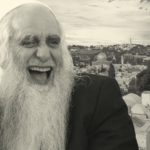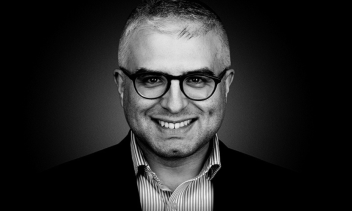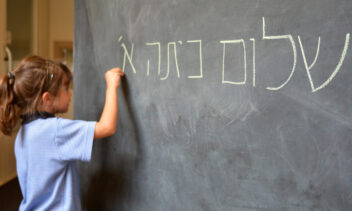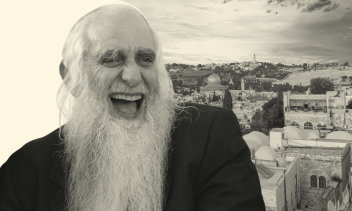Discourse surrounding the social, political, or religious realities of Israel almost inevitably falls back on the same crutch of a response: “It’s complicated.”
To be sure, Israel is a complicated country, but so are most, if not all, others. The self-comfort we preserve by appealing to complexity costs us a deeper, more refined understanding of a state we call our own. The tradeoff isn’t worth it. We ought to engage with Israel to understand Israel, albeit accepting that it will never be complete or perfect. The question is how to do so.
Lahav Harkov, senior contributing editor and diplomatic correspondent of The Jerusalem Post, recently joined 18Forty to talk about how we consume media regarding Israel. In the spirit of that conversation, we offer an expanded palette to understand Israel better.
To start us off—and to be clear, this is a starting point—we gathered four pieces that demonstrate some methods, considerations, and backgrounds on understanding Israel. This list is very short of exhaustive, but that’s mainly because, well, Israel is complicated.
1. Don’t Project the West Onto Israel
“Israel’s Problems Are Not Like America’s,” Matti Friedman
This refreshing analysis of how Americans perceive Israel—namely through lenses constructed for their own country—invites us to reconsider the baggage of assumptions, beliefs, and expectations we bring to Israel.
Western observers are often tempted to see foreign countries as mirrors of their own, because it makes a story more compelling for members of their audience, who are interested—who isn’t?—mainly in themselves. And it means they can analyze other societies without going to the considerable trouble of studying them, learning their language, or even visiting…. But believing that foreign countries operate according to American logic is a recipe for confusion, even disaster.
2. Recognize How History Factors Into Current Events
“Why Does America Support Israel?” Yair Rosenberg
This expansive interview with historian Walter Russel Mead contextualizes core features of Israel today, most notably by exploring its history with Zionism, America, the United Nations, and more.
One of the things that struck me while reading your history of Israel’s creation is how much of it depended on completely contingent historical factors. We tend to gravitate toward grand narratives of history in which people of consequence impose their will on the world and change it, but often, what actually tips the scales is something happening at the right time and the right place.
3. Consider How Religion and Politics Often Intersect
“Religion, Ideology and Dissent in Contemporary Israeli Politics,” David J. Schnall
This 1979 essay canvasses the two “extremes” of religious Orthodoxy regarding Zionism: Gush Emunim (Bloc of the Faithful)—an outgrowth of the National Religious Party with a “right-wing, annexation nationalism”—and the Neturei Karta (Guardians of the City)—a “scion of the Hassidic traditions of Eastern Europe” with an anti-Zionist stance. Aside from the contemporary relevance, learning about the ideologies of both groups provides a framework for expanding into others.
Extremism within Israel’s religious camps has been influenced by both these pre-state perspectives. In particular, two movements have emerged whose thought is motivated by genuine commitment to religious orthodoxy but who have come to diametrically opposed conclusions.
4. Know That the Way Stories Are Told Matters
“An Insider’s Guide to the Most Important Story on Earth,” Matti Friedman
This 2014 essay offers a former AP journalist’s perspective on how Israel is reported in the mainstream media, proposing motivations, reasonings, and context for understanding how, and why, the global image of Israel materializes as it does.
In this essay I will try to provide a few tools to make sense of the news from Israel. I acquired these tools as an insider: Between 2006 and the end of 2011 I was a reporter and editor in the Jerusalem bureau of the Associated Press, one of the world’s two biggest news providers. I have lived in Israel since 1995 and have been reporting on it since 1997.








